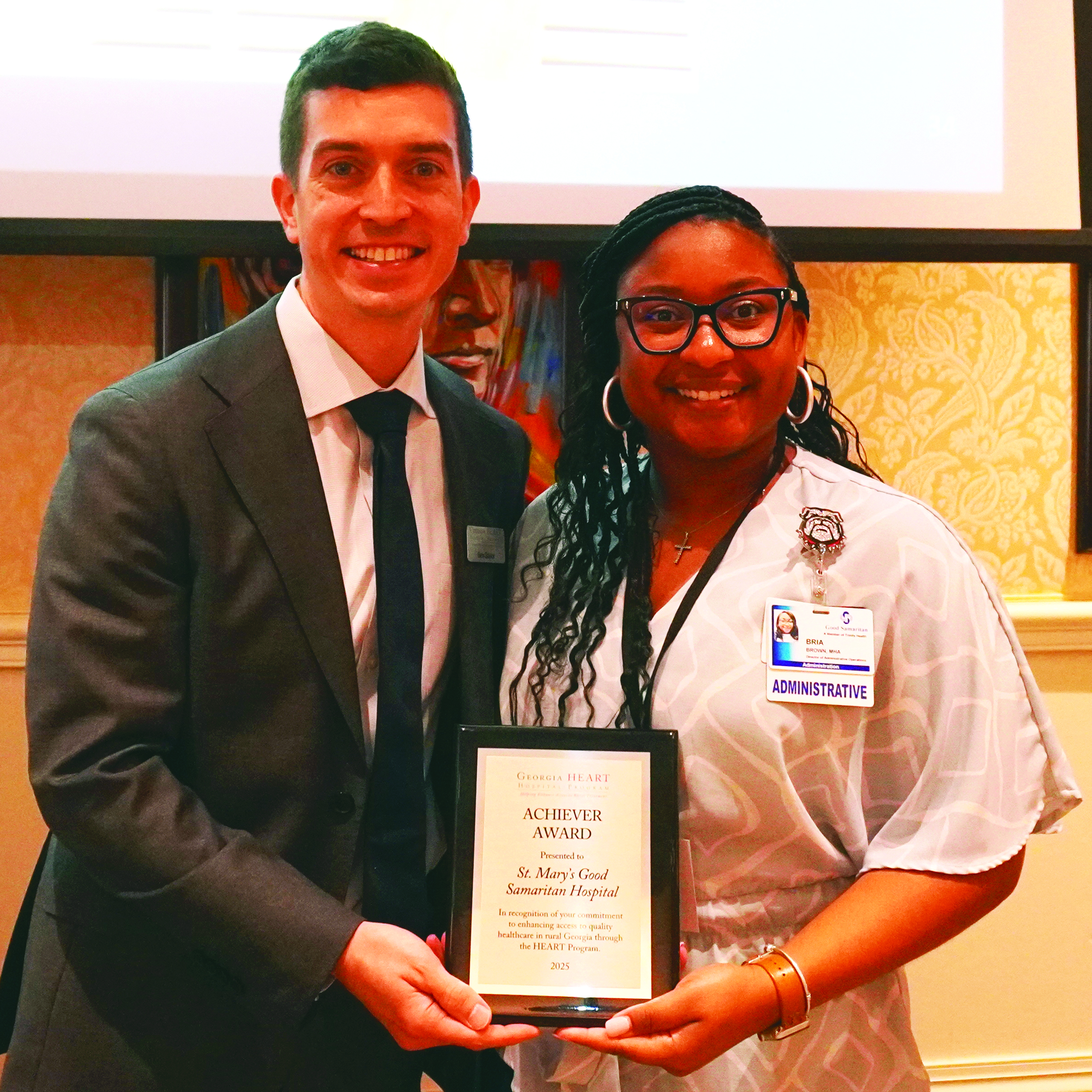Rejection is impactful on the brain and your future
Published 4:07 pm Thursday, May 16, 2013
Everyone experiences rejection in some form along the pathway of life. Rejections may come from parents, spouse, children, dating relationships, friends and the workplace. Rejections can be very impactful. (Perhaps a momentary pause here would be appropriate as you call to mind such experiences. Which ones pop into your head? What emotion is expressed when you recreate this experience in your brain? Anger? Hurt?) This article is about two factors involved when you experience rejection.
Firstly, the biology of your brain is impacted by rejection. Dr. Helen Fisher has likened a romantic relationship breakup “like a drug user going through withdrawal.” Using brain imagery techniques Fisher witnessed the areas of the brain that were activated when a rejected person thought about it. “Their brain shimmered like those of addicts deprived of their substance of choice,” reports Fisher in the Journal of Neurophysiology. More specifically, Fisher wrote, “We found activity in regions of the brain associated with cocaine and nicotine addiction. We also found activity in a region associated with feelings of deep attachment, and activity in a region that’s associated with pain.” That presents a lot of negative energy interaction within the brain. Such an interaction fosters the chemicals of the stress hormone cortisol and those causing depression in the brain.
Agreeing with Fisher’s statements on attachment, Dr. Phillip Shaver writes about how a person responds to rejection. He says that if you are a person who is secure in yourself, with high self-esteem, you will feel the pain of rejection but can grieve, heal and move on, still seeing yourself in a positive light. If you are a person who is anxious and insecure you will tend to try and hang on to the deteriorating relationship at some cost or move aggressively into such behavior as stalking. People with low self worth will take rejection the worst.
Respected Reader, what is or has been your reaction to rejection? Does it take you down for a long time? Do you question your self worth? Critical of yourself? Angry at the rejecter? Seek revenge? OR, do you acknowledge that it is painful, perhaps learn something about yourself and your choices, be resilient, heal and move on with a solid sense of well being?
If the rejection comes from a person who you want to be in your life perhaps a respectful discussion would be of value to help you understand the rejection better or change it to an acceptance. If this person is not that important to you, you may want to establish a boundary such that the person no longer has the opportunity or capacity to reject you again.
To be the rejecter or rejected is a normal part of your life’s journey. How you address it is the important thing. If you find that you do a lot of rejecting or are rejected way too often, perhaps it would be of benefit to do a self assessment analysis with a qualified mental health specialist to help you understand the phenomenon of rejection in your life.
Dr. Stathas can be reached at 706-473-1780; e-mail: Stathas@plantationcable.net; web site: DrStathas.googlepages.com; blog: drstathas.com.



